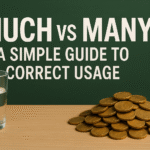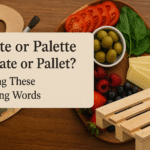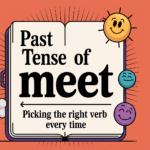Run in Past Tense: Ran or Run? Understand the Simple Past and Past Participle with Examples
Struggling with the past forms of run? You’re not alone. Whether you’re drafting an email, writing an essay, or chatting with a native speaker, choosing between ran and run can be confusing. This guide will clear it all up, once and for all. Let’s explore how run changes in the past tense and the past […]
Read More »









